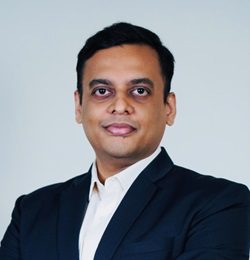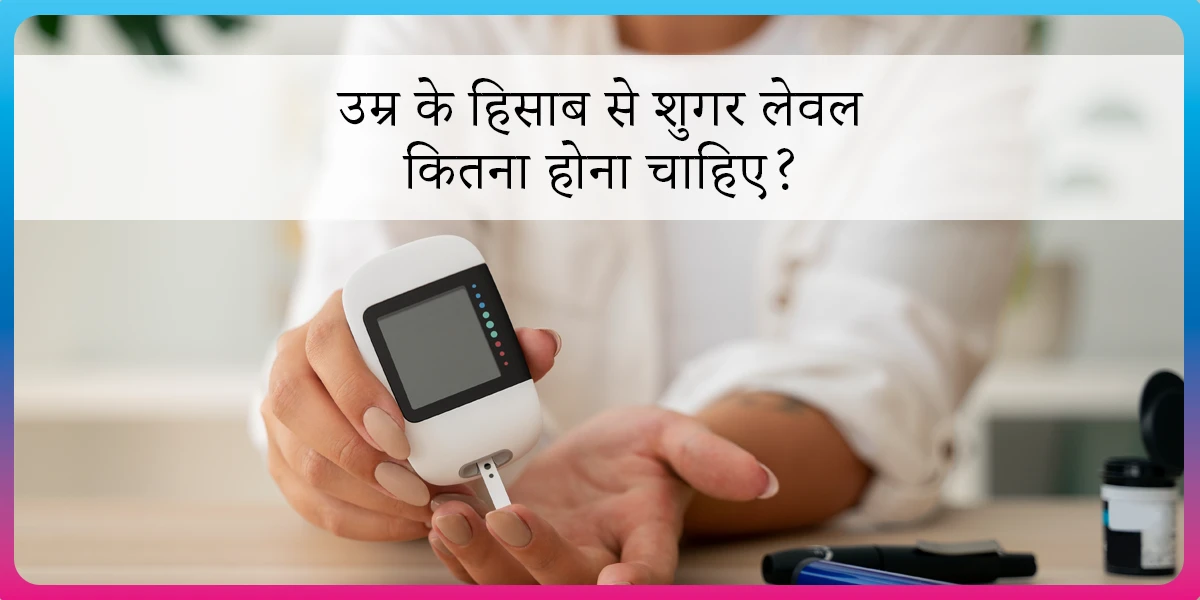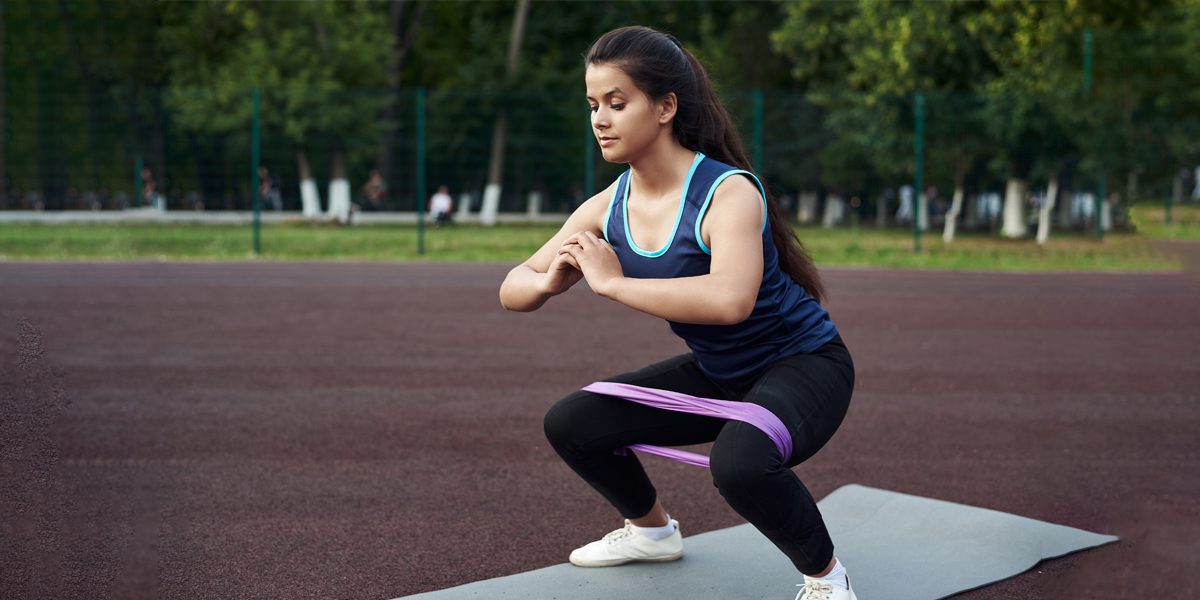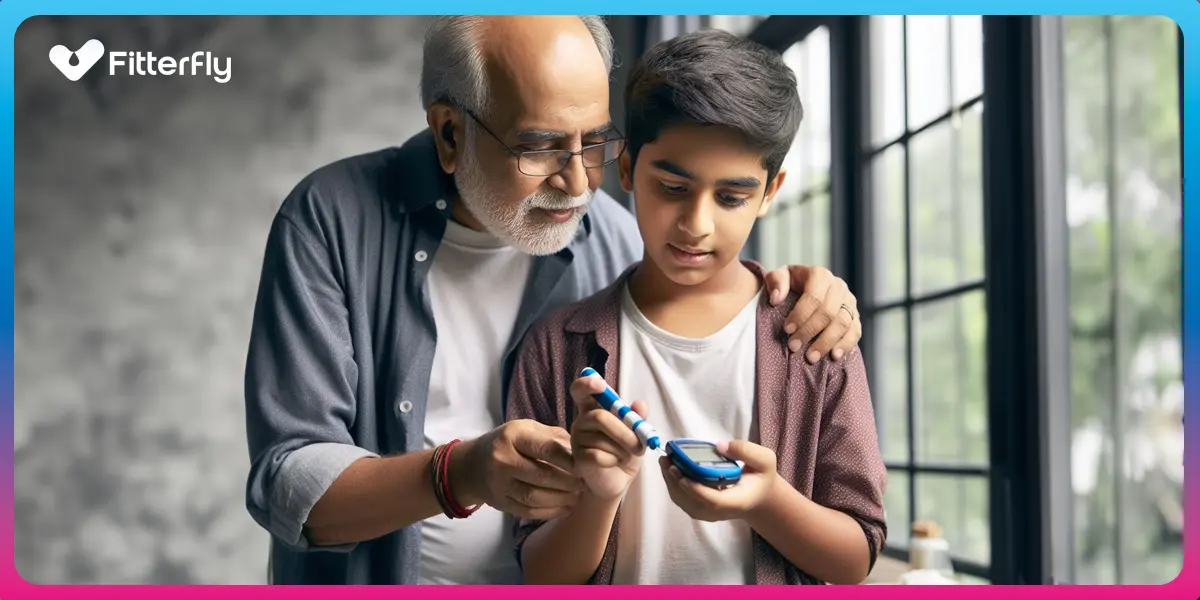What to Do When Your Blood Pressure is High?
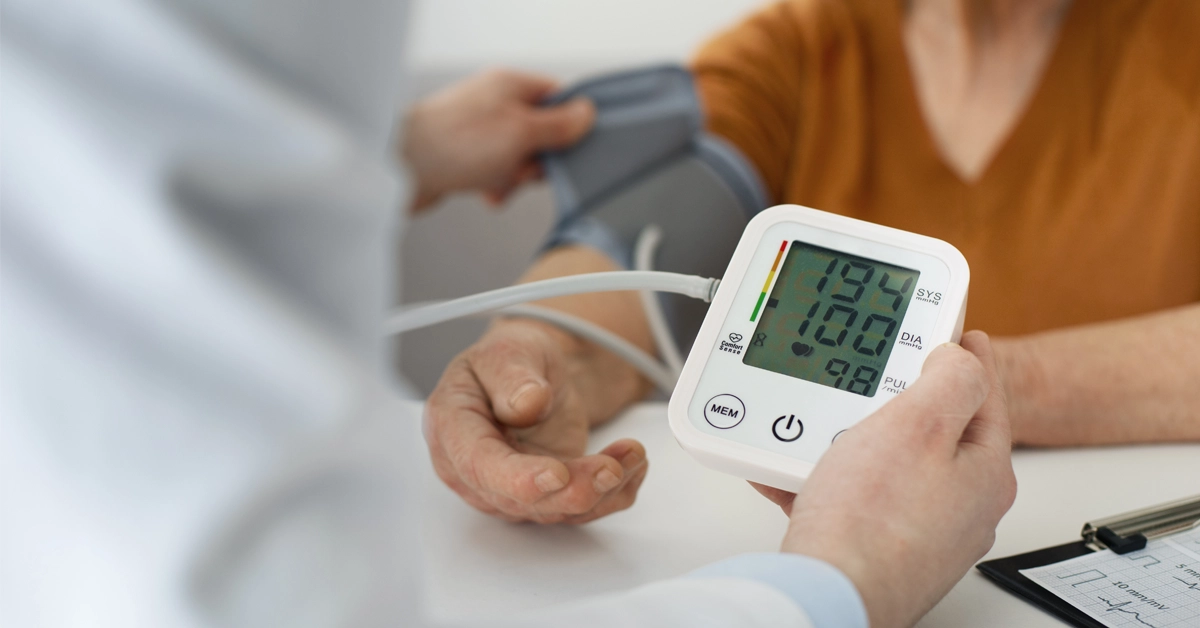
Nearly one in every fifth individual is affected by high blood pressure or hypertension. Strikingly, it is more than just a number on the monitor; it’s a wake-up call to prioritise your health.
Whether your readings spiked after a stressful day or during a routine check-up, here’s your go-to guide on what you should do to lower your high blood pressure and stay in control.
Find your heart's true age to prevent complications.Heart Age Calculator
Recognising High Blood Pressure
Blood pressure fluctuates throughout the day depending on your activities. A healthy blood pressure is 120/80 mm Hg. Your blood pressure is considered high if it consistently reads 140/90 mm Hg or above.
A sudden increase in blood pressure can cause symptoms such as headaches, dizziness, blurred vision, or even slight shortness of breath. While it is important to seek help from the doctor in such situations, let’s learn a few immediate actions and long-term strategies to control high blood pressure.
Table: Healthy and Unhealthy Blood Pressure Ranges

| Note: Only a doctor or other medical professional can confirm a high blood pressure diagnosis. |
What to Do Immediately When Blood Pressure Spikes
A sudden rise in blood pressure can feel unsettling, but staying calm is the first step. Here’s what you can do right away to manage hypertension symptoms temporarily:
1. Pause, Relax, and Take Deep Breaths
Stress only worsens high blood pressure, so it’s essential to stay calm. Take slow, deep breaths through your nose, hold for a few seconds and exhale through your mouth.
Repeat this for 5-10 minutes. Slow, deep breaths activate the parasympathetic nervous system, which reduces heart rate and dilates blood vessels, lowering your blood pressure.
2. Sit in a Comfortable Position
If you feel dizzy, lightheaded, or notice blurred vision, sit with your back supported and feet flat on the ground. Avoid lying down, as this can put additional strain on your heart. Sitting upright improves blood flow and helps stabilise blood pressure.
If you prefer lying down, elevate your head slightly to reduce the strain on your heart and enhance blood flow. Sleeping on your left side may also help lower your high blood pressure by relieving pressure on blood vessels that return blood to the heart.
3. Dim the Lights and Reduce the Noise
Bright lights and loud sounds can raise anxiety, which may increase blood pressure. If possible, dim the lights and turn off loud appliances or music. Creating a calm, quiet space signals your nervous system to relax, which helps to lower blood pressure.
Fitterfly – 6 Top Heart-Healthy Foods
4. Hydrate Yourself
Drink a glass of water, especially if you’re dehydrated. While drinking water can help normalise your blood pressure, it doesn’t necessarily lower it unless you are dehydrated. Since blood is mostly water, dehydration can reduce its volume, prompting the body to narrow blood vessels and increase blood pressure.
5. Eat a Potassium-Rich Snack
Potassium helps balance the effects of sodium, which is crucial for controlling blood pressure. Eat foods rich in potassium, like bananas, raisins, or coconut water. They support healthier blood pressure levels.
6. Take Your Prescribed Medication (If Advised)
If your doctor has prescribed medication for high blood pressure, ensure you take it as advised, consistently and on schedule. Be sure to follow your doctor’s instructions carefully and stay seated while the medication takes effect. Avoid self-medicating with over-the-counter pills, as this could be harmful.
7. Seek help from your physician as soon as possible
Long-Term Strategies to Control High Blood Pressure
While immediate actions can provide temporary relief, managing hypertension in the long run requires consistent lifestyle changes and medications as advised by your physician. Focus on eating a balanced, low-sodium diet rich in fruits, vegetables, and whole grains. Stay active with regular exercise like walking or yoga, as it strengthens your heart and improves blood flow.
Prioritise stress management through relaxation techniques such as meditation or deep breathing. Avoid smoking, limit alcohol, and maintain a healthy weight to reduce strain on your heart.
Regular check-ups with your doctor ensure timely adjustments to your care plan, helping you stay on track for a healthier heart.
What NOT to Do During a Blood Pressure Spike
- Don’t lie down flat: This increases pressure on the heart. Instead, sit upright.
- Don’t panic: Stress triggers the release of adrenaline, which raises blood pressure.
- Don’t double your medication: Do not take extra doses of your blood pressure medicine unless advised by your doctor.
When to Seek Immediate Medical Help
If your blood pressure does not decrease in a few minutes or if you experience severe symptoms like chest pain, difficulty breathing, confusion, or numbness, call for medical help immediately. A blood pressure reading of 180/120 mmHg or higher may indicate a hypertensive crisis requiring immediate medical attention.
How We at Fitterfly Can Help
High blood pressure is manageable with timely action and consistent lifestyle changes. Incorporating mindful habits into your daily routine can help you control high blood pressure effectively.
If you’re looking for expert support for managing blood pressure and embracing a heart-healthy lifestyle, Fitterfly’s FitHeart Program offers personalised care with tailored dietary recommendations, expert guidance, and lifestyle changes that last.
Take charge of your heart health and achieve long-term control over hypertension with Fitterfly today!
Find your heart's true age to prevent complications.Heart Age Calculator
This blog provides general information for educational and informational purposes only and shouldn't be seen as professional advice.
Frequently Asked Questions
How can I stop my high BP?
To lower your blood pressure, focus on reducing salt intake, staying active, and practising stress-relief techniques like yoga or meditation. It is also vital to keep regular check-ups with your doctor.
What is the main treatment for high blood pressure?
The primary treatment involves lifestyle changes, dietary adjustments, and medication prescribed by a doctor. Combining these approaches helps keep blood pressure within a healthy range.
How to reduce high blood pressure naturally at home?
Drink coconut water, try deep breathing, and consume potassium-rich foods like bananas and spinach. These small but effective actions can help lower high blood pressure naturally.
What is the first aid for high blood pressure?
The first aid includes sitting calmly, practising deep breathing, drinking water, and avoiding stressors. If your blood pressure doesn’t stabilise or you feel unwell, seek immediate medical help.
What to do immediately in high BP?
Sit upright, breathe deeply, and avoid salty or caffeinated drinks. Consult a doctor immediately if symptoms persist, such as chest pain or dizziness.


